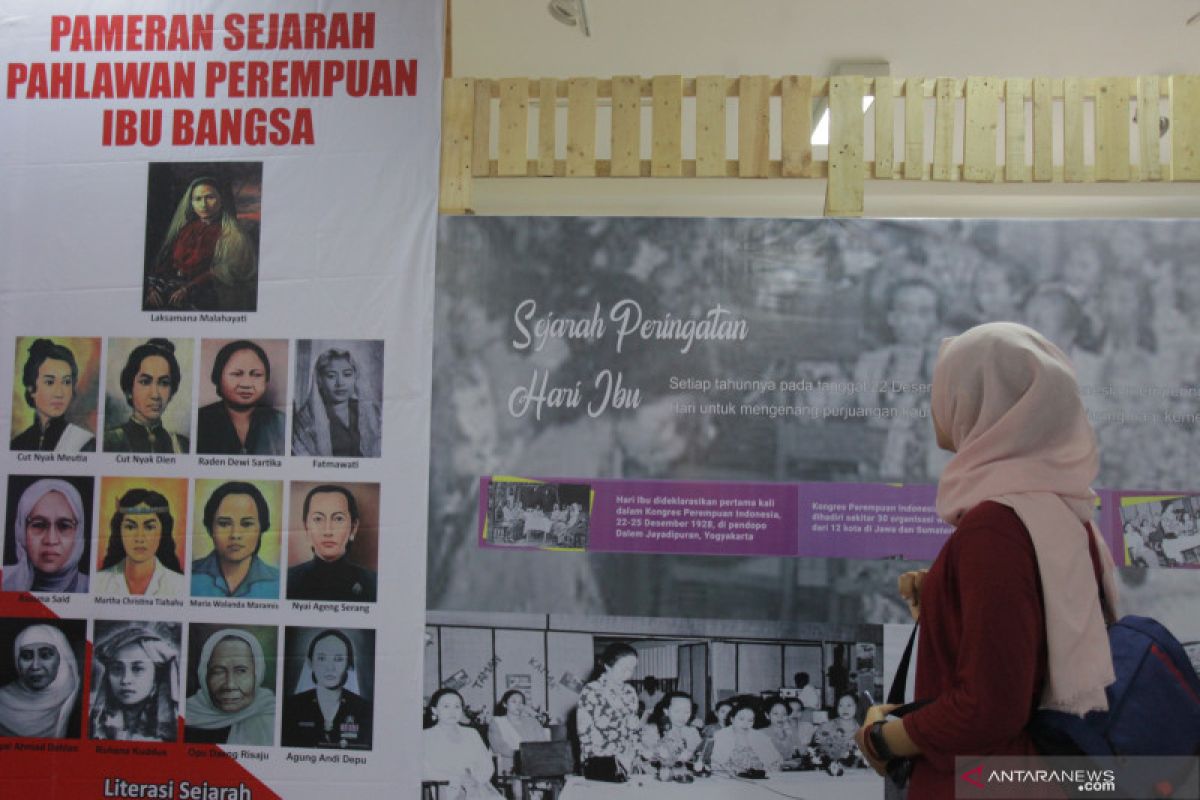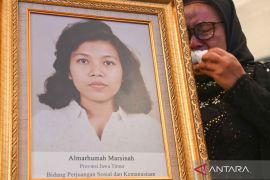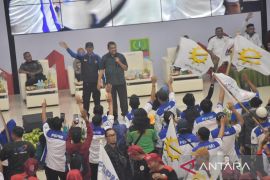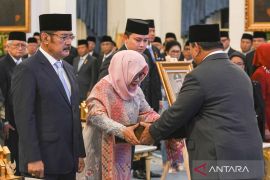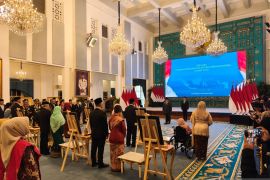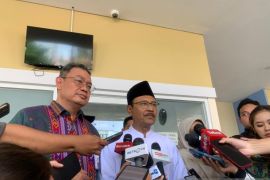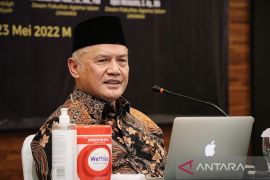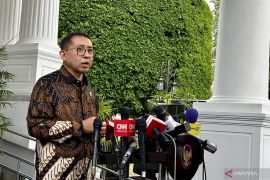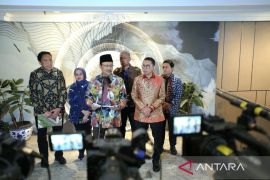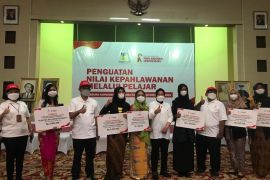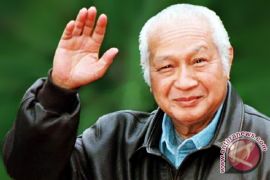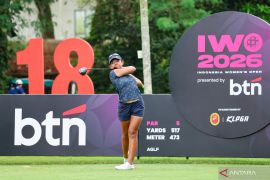This phrase brings back the memory of historical lessons on the colonial period and the fierce fighting to obtain independence.
The title "national hero" is synonymous with war generals, those who are involved in armed conflicts or those who fought on the political stage.
However, for the National Commission on Violence against Women (Komnas Perempuan) and women's human rights activists, the meaning of national hero is far broader and more inclusive.
Komnas Perempuan's Deputy Chief, Mariana Amiruddin, explained that the commission regarded heroes to not only be figures, who fought in the political arena and armed warfare to gain independence from colonizers and maintain it.
The title hero can also apply to those who fought to eradicate discrimination and violence against women as well as those who fought to fulfill basic rights, such as rights over education and elimination of child marriage.
Other basic rights include rights over self-development, job, and career; rights over participation in politics and leadership; as well as rights to organize, whether during the classical, colonial, revolution, reformation, and contemporary period.
Related news: Lampung to increase role of women-run MSMEs to improve economy
Masculinity, which has gripped the public's mindset for so long as a result of patriarchal culture, influences the state's lack of acknowledgement to women figures as bearers of the title national hero.
According to Komnas Perempuan's official website, until 2022, the Indonesian government recorded 185 male national heroes. By contrast, the number of female national heroes only stood at 15.
This gap is also apparent from the public's lack of knowledge of the achievements of female heroes as compared to the people's awareness of male heroes.
This came about as a result of the historical writing method that utilizes the masculine approach, which prioritizes male figures as compared to females, according to Amiruddin.
To this end, it is important to inject a feminist perspective when it comes to defining the phrase "national hero."
Related news: W20 Indonesia urges India to continue women's empowerment agenda
Reduction and bias
According to the Social Affairs Ministry, National Hero is a title bestowed upon Indonesians or someone who fought against colonialism within Indonesia's territory and fell or died while fighting for their country and nation.
Alternatively, the title can also be granted to individuals who, during their lifetime, committed acts of heroism or delivered extraordinary achievements and works for the development of Indonesia.
Women's Movement researcher Ruth Indiah Rahayu underlined the statement "produce an extraordinary achievement and works for the development of Indonesia" from the definition.
This means that a national hero is also one, who contributes in the nation's development outside of warfare.
However, she deemed that there has been a reduction and bias when it comes to the meaning of national hero.
Specifically, the formal definition of national hero has been reduced to people who fight against colonialism, which limits the title to those active in the field of warfare, politics, and military, she explained.
Related news: Safe houses crucial in domestic violence handling: Minister
Moreover, the Indonesian Women Congress is often not considered to be related to politics, as women within the congress brought up issues related to mothers and children.
In addition, Rahayu pointed to a prevalent strong gender bias that oftentimes left female figures neglected.
Such reduction and biases became a challenge for women human rights activists to suggest female figures as national heroes.
Women, who fought behind the screen, also have the rights to receive acknowledgement over the services that they have provided to the nation, including women's support to the figures, who stood atop the fighting stage.
To resolve this issue, she proposed a solution in the form of contributing a feminist perspective to the formal definition of national hero or creating an alternative perspective.
This solution aims to prevent the reduction of the scope of the definition of national hero that seems to be restricted to the context of warfare against colonialism, military, political history, or formal domination.
By injecting a feminist perspective, the government can utilize an intersectional approach.
This approach allows an individual to consider a variety of factors that drove a person's struggle that makes him or her worthy of bearing the title of national hero.
Related news: Literacy important to boost women's digital capacity : Ministry
Public contribution
Fighting for more acknowledgement of female heroes and injection of a feminist perspective cannot be done alone.
It is not sufficient for the Komnas Perempuan to fight for this alone nor can the people only rely on women human rights activists.
This fight should be supported by the public by increasing the number of research and historical writings on female figures at the local level.
Such writings should not only cover women that were active in the political sector but also encompass a variety of fields oriented toward the advancement of women, Rahayu remarked.
Moreover, the public, historical communities, and women's organizations can suggest female figures to be declared as national heroes and support women's leadership now and in the future.
Indonesians still have much to do in the fight for women's rights, not just in fighting for the representation of women heroes but also meeting the 30-percent quota for women representation in the political arena.
Slowly but surely, Indonesia is moving in a better direction in fulfilling women's rights. To this end, it is important for the public to participate in this struggle.
Related news: Minister proud of commitment to empower women at G20
Related news: Menstrual hygiene management is women's human right: ministry
Editor: Fardah Assegaf
Copyright © ANTARA 2022
